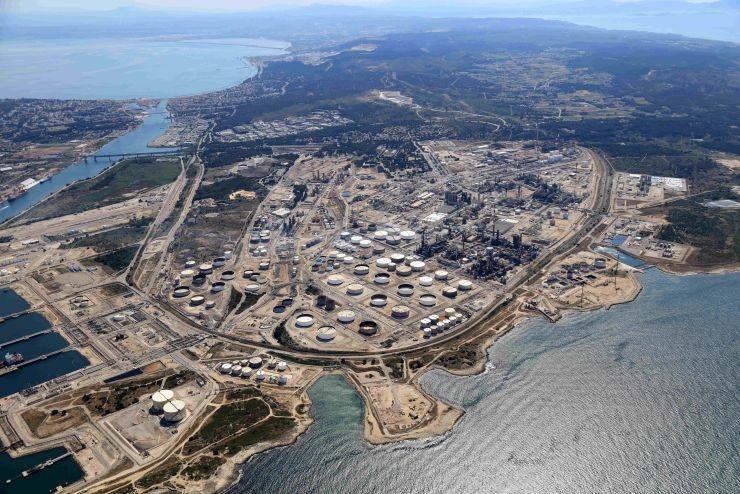Singapore Companies ask to Delay Mandatory Climate Reporting for Smaller Businesses
The Singapore Business Federation (SBF), Singapore’s key business association representing over 32,000 companies, announced the release of a statement today, asking regulators to delay climate-related disclosure requirements for smaller companies, set to begin from this year, by one to two years, to give businesses more time to prepare.
The statement follows the announcement early last year by the government of Singapore that it will implement mandatory climate-related reporting requirements for listed and large non-listed companies. Alongside the government’s announcement, markets regulator SGX RegCo released requirements for SGX-listed issuers to begin filing annual climate-related disclosures aligned with the standards issued by the IFRS Foundation’s International Sustainability Standards Board (ISSB), starting with FY2025.
With the deadline to begin IFRS-based climate reporting approaching, the SBF said that it conducted a survey and engaged 40 small- and mid-cap companies in a roundtable, to assess their level of preparedness.
According to the results, the SBF said that while all companies were in the process of preparing for the new disclosures, only 4% said that they were “very confident” in their ability to meet the current timeline, with companies citing challenges including an incomplete understanding of disclosure requirements, lack of time and resources to build internal capabilities, and requirements to set up robust data collection processes.
The SBF added that more than 90% of companies said that extending the timeline would be useful in enabling them to produce high quality ISSB reports. Small- and mid-cap companies account for 84% of listings on the SGX.
In addition to the request for a one to two year delay, the SBF statement includes a series of recommendations, including a call to make climate-related disclosure requirements proportionate to the size and resources of small- and mid-cap companies. While noting that the ISSB standards incorporate proportionality mechanisms, the SBF said that these may not be well understood by companies, and that more can be done to increase awareness and applications of these mechanisms for smaller companies. The SBF also asked that companies be provided with cross-sector and sector-specific guidance to help reduce compliance burdens in areas such as climate scenarios, which require significant research efforts that may be duplicative across companies.
Additionally, the SBF recommended the establishment of a central platform for digital reporting of climate-related disclosures, enabling sustainability information to be available in a standardized format to allow for national- and sector-level benchmarking, similar to SGX’s Stock Screener for financial data.
Mr Kok Ping Soon, Chief Executive Officer of SBF, said:
“SBF recognises the value of companies making ISSB-based climate-related disclosure. Doing so compels companies to formulate, communicate and implement strategies and processes to enhance their resilience against climate risks and to seize opportunities in our transition towards a low-carbon future. It is encouraging that small- and mid-cap ListCos have started preparing for these disclosures, though many continue to face practical barriers — including method (e.g. incomplete understanding of disclosure requirements) and manpower (e.g. lack of time and resources to build internal capabilities).”





